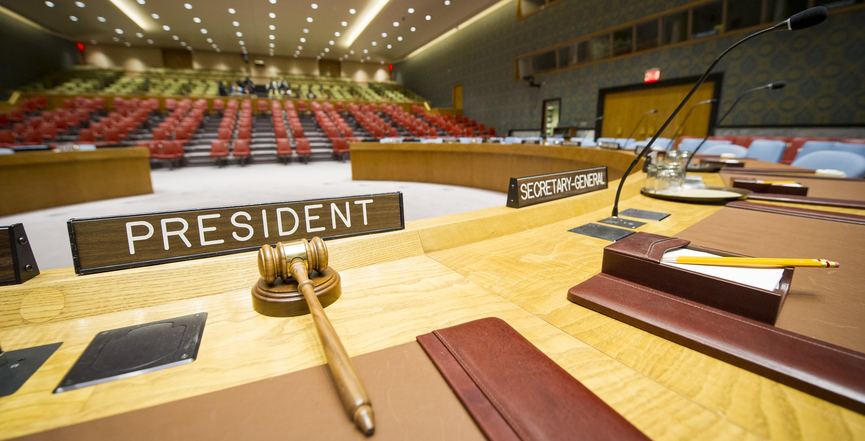This past week, Michel Forst, the United Nations special rapporteur on the situation of human rights defenders, co-authored an article that highlights that “the everyday guardians of our planet” face risks when they “protect lands, forests and water sources” from “corporate or state abuse and unsustainable exploitation.”
He explained, “By protecting such resources for the common good, they find themselves directly in the way of others who want to profit from these natural resources.”
Forst then lamented, “More than three people were murdered each week in 2019 for defending their land and environment. Countless more were attacked or threatened.”
The numbers are staggering. According to a report by Front Line Defenders, 304 human rights defenders were killed in 2019. Overall, 40 per cent of those killed worked on land, Indigenous peoples and environmental rights.
This reality was reflected in an address to the Human Rights Council last year when UN High Commissioner for Human Rights Michelle Bachelet stated, “We must better protect those who defend the environment.”
Bachelet further commented, “Environmental defenders — including those who defend indigenous peoples’ right to land — engage in great service to their countries, and indeed humanity.”
Just months after Bachelet made that statement, the UN Committee on the Elimination of Racial Discrimination said it was “disturbed by forced removal, disproportionate use of force, harassment and intimidation by law enforcement officials against indigenous peoples who peacefully oppose large-scale development projects on their traditional territories.”
That UN committee then called on Canada “to immediately halt the construction and suspend all permits and approvals for the construction of the Coastal GasLink pipeline in the traditional and unceded lands and territories of the Wet’suwet’en people, until they grant their free, prior and informed consent, following the full and adequate discharge of the duty to consult.”
It also said that construction on the Trans Mountain tar sands pipeline and the Site C hydroelectric dam should be suspended.
Furthermore, the UN Human Rights Council passed a resolution last March that “stresses that human rights defenders … must be ensured a safe and enabling environment … in recognition of their important role in supporting States to fulfil their obligations under the Paris Agreement [reached at the COP21 climate summit in December 2015].”
And now, just days ago, UN Secretary-General António Guterres highlighted, “The impact of the coronavirus is both immediate and dreadful. But, there is another deep emergency — the planet’s unfolding environmental crisis. Biodiversity is in steep decline. Climate disruption is approaching a point of no return.”
Guterres then listed “six climate-related actions to shape the recovery and the work ahead” including his recommendation that, “Fossil fuel subsidies must end and polluters must start paying for their pollution.”
Peace Brigades International-Canada is mobilizing people through this urgent action to send emails that echo these demands to Prime Minister Justin Trudeau.
A public statement and tangible action might just help the Trudeau government achieve something it has spent at least $1.5 million on since 2016.
Less than three weeks ago, the Canadian Press reported that Canada’s campaign for a seat on the UN Security Council has continued during the COVID-19 pandemic.
The vote for the seat that the Trudeau government is seeking will be held in June, most likely via video conference.
Now would be an ideal time for the Canadian government to recognize climate change as a threat to human rights, commit to deeper emission-reduction targets, and support strategies to better protect at-risk human rights defenders both at home and abroad.
Brent Patterson is the executive director of Peace Brigades International-Canada. He can be found on Twitter at @PBIcanada @CBrentPatterson.
Image: United Nations Photo/Flickr




